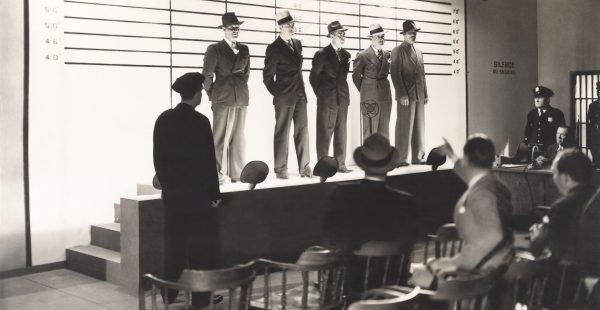FAAA reinforces adviser education standards shuns ‘relevant experience’

References in Government occupational documents to financial advisers needing a Bachelor Degree, higher qualification or at least five years of relevant experience need to be amended to remove any suggestion of an experience pathway, according to the Financial Advice Association of Australia (FAAA).
The FAAA has told the Australian Bureau of Statistics that reference to “at least five years’ of relevant experience” needs to be removed from the Australian and New Zealand Standard Classification of Occupations (ANZSCO) classification for financial advisers.
The FAAA said it was critical for the ANZSCO to be consistent with the legislated education requirements for financial advisers contained in the Corporations Act noting that “this includes that the person ‘has completed a bachelor or higher degree, or equivalent qualification approved by the Minister’.”
“We are aware that education providers use the ANZSCO occupations to promote their courses to prospective students, particularly international students. It is essential that such individuals are aware of the strict legal requirements they must meet to fulfil the occupation of Financial Adviser,” the FAAA told the ABS.
“Incorrect skill requirements on the ANZSCO could result in a person who relies on this information not meeting the legislated requirements to practice.”
Elsewhere in its response the FAAA pointed out that the current ANZSCO classifications do not reflect the provisions of the Corporations Act or current roles and practices in the financial services industry.
“The provision of personal financial advice is heavily regulated in Australia. The titles used for the occupations that can legally provide personal financial advice are protected by law and must only be used by individuals within the industry who meet the mandated education and training, registration and professional standards set in s921B of the Corporations Act,” it said.
“The current ANZSCO also incorrectly:
- combines the occupation of financial adviser with investment adviser, and
- assumes the title of ‘adviser’ is of a lower seniority to that of ‘manager’.
“We understand that the term ‘manager’ traditionally reflects seniority within the workplace however the term ‘manager’ is not used by financial advice professionals. Seniority of the person that provides the professional service to the client is commonly indicated by a pre-fix such as ‘Senior financial adviser’.
“The term ‘manager’ may be used by a person involved in the operation of the business, such as office manager. Investment Manager and Portfolio Manager are more likely to describe people working within asset management companies, who are managing investment portfolios on behalf of investors, rather than financial advisers who are providing strategies and recommending investment products to their clients.”











Here we go again. The hypocritical FAAA lecturing others on education standards, while maintaining one of the greatest education standards rorts of all times…”grandfathered” CFPs. Get your own house in order first FAAA if you want to be taken seriously. Sunset the grandfathered CFPs, effective immediately.
Dear Anon,
They say ignorance is bliss.
In your opinion every advisor who had a grandfathered CFP designation was not entitled to the designation whether they had a tertiary degree or not.
Most under the old CFP designation sat for the required subjects set by a university (RMIT or Deakin) .
The final assignment required at least a 75.0% pass mark. Failure to gain that even if you passed the additional 2 hour exam meant you failed the subject.
The fact that those CFP advisers also had to satisfy 40 hours of continuing education annually to continue to holding the designation, whilst I’m sure you probably only did your minimum 30 hours of CPD.
And here’s another thing that might surprise you, many of those older CFP recipient’s with a wealth of hands on experience were cutting their teeth in an industry whilst you were still in nappies.
This is a beat-up. This is a message about clarity on the education standard for new entrants. Existing advisers know where they stand, and many of them will rely upon the experienced adviser pathway. In any case, who is arguing that the reference to five years experience is correct. Not me.
the experience pathway is wrong and should never have been allowed. It’s a disgrace and embarrassment to the profession and all the committed professionals who ensured they met the education requirements. If it “had” to happen, the experience pathway should have ended at 1 Jan 2031, ie; be seen simply as another extension of time to complete the legislated education requirements by 1 Jan 2031, instead of 1 Jan 2026 – which was already extended from 1 Jan 2024. Truely committed professionals would complete the legislated education requirements.
Grandfathered CFP designations ? They are ok apparently.
An abject disgrace.
I’m so sick of the FAAA pushing for watered down quals, we will never be a profession while we have grandfathered experience pathway advisers. There has been more than ample time to get this done.
There’ll be so few of left in five years all this debate around education will academic